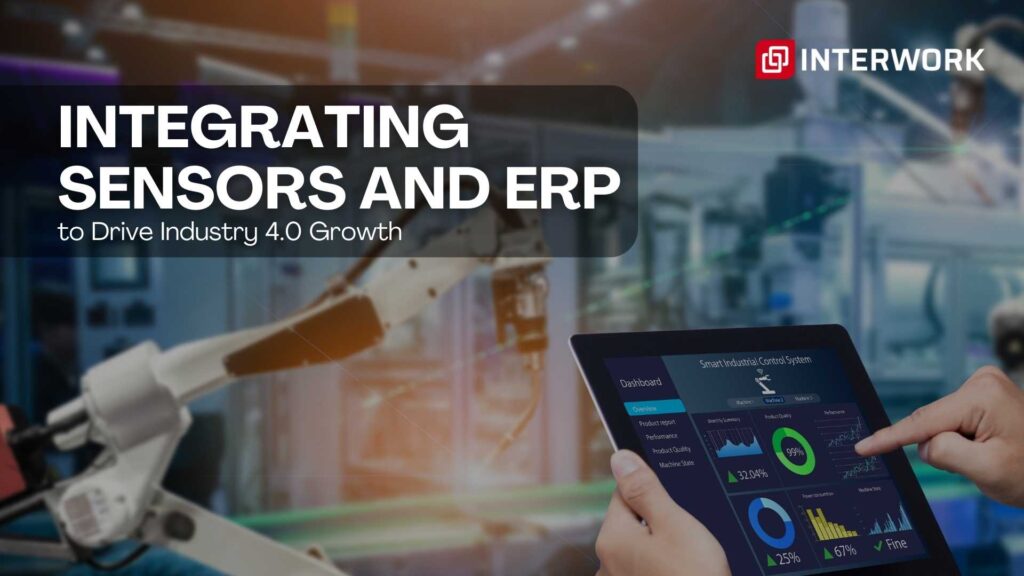How IoT and 5G Are Shaping Automotive Technology
The car manufacturing sector is altering the major trend in…

Industry 4.0 has shaken up the manufacturing sector and there is no looking back now. Industry 4.0 is increasingly becoming a reality as smart factories and various digital transformations take shape, through a suite of technologies such as the IoT (Internet of Things), AI (Artificial Intelligence) and Cloud. The central foundation of this revolution is the connection between ERP through various sensors and the optimization for the different companies’ operations, improving their productivity, and providing valuable data in real-time.
Smart sensors, mostly used in machines, vehicles, or equipment, are created to monitor and send data concerning temperature, pressure, vibration, humidity, or others. These sensors are an integral component of the IIoT space as they feed performance data to be used in the main loop for analysis of efficiency.
These sensors improve the physical to cyber physical coupling, where machines are able to ‘speak’ to ERP systems. ERP can be integrated with sensors wherein manufacturers can automate many of the key processes, monitor occurrences in real time and make informed decisions.
Prior to now, conventional ERP systems are normally specific to infrequent updates into the system or data input by hand, not real-time results. Thanks to development in smart sensors, real-time information about machinery and production lines, inventory, and others are available in the ERP system.
Another key advantage of sensor integrated ERP systems is the possibility to anticipate an equipment malfunction before it happens. Metering devices can also measure several machine health parameters, for example, its vibration, or the quality of the oil for operation, and convey the results into the ERP system.
Smart technologies enable accurate tracking of stock, warehouse climate, and supply chain movement. Sensors monitor temperature and humidity to maintain product quality. ERP systems can adjust reorder points to prevent stockouts and oversupply.
Statistical process control is largely dependent on testing and performing inspections after some time. Integrating sensors along the line reduces the need for quality inspections by easily monitoring dimensions, weight, and other characteristics.
Sustainability being the buzzword, sensors serve a purpose of monitoring and managing the energy use by manufacturing firms. With help of ERP, connected to energy sensors, companies can track the consumption throughout various processes. And make the necessary changes on the fly. Sensors can detect machine downtime or excessive power use, prompting the ERP system to adjust power.
At Interwork, we focus on the manufacturing industry where we assist smb’s in implementing their ERP systems. Our team of experts provides end-to-end solutions that include:
It is important to note that sophisticated sensors combined with the ERP system. It is a concept that forms the foundation for today’s manufacturing industry. To the SMBs operating in manufacturing industry, this technology is crucial to meet competition, enhance performance and reap Jeremiah’s thesis. At Interwork, we are prepared to assist with your transition to a savvier solution for sensor based operation. We are here to assist you to get the maximum benefits of your ERP systems for Industry 4.0.